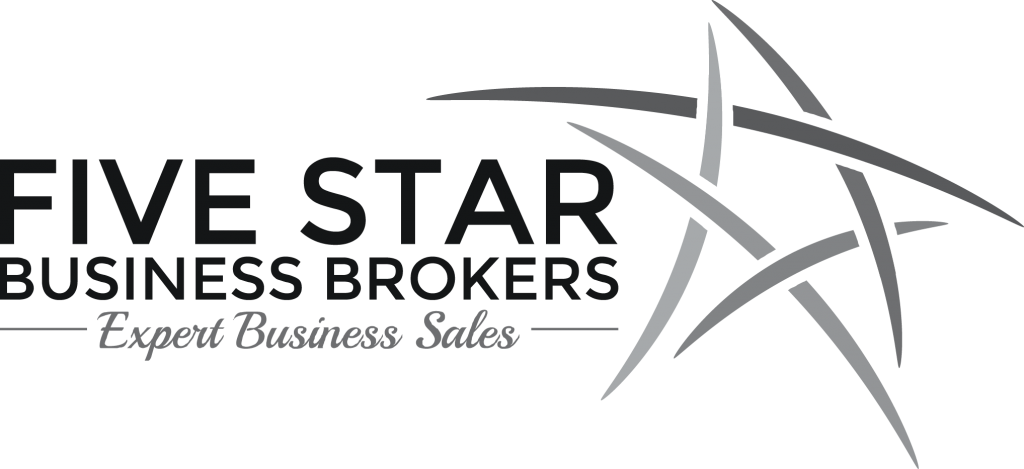“Use your mentality, wake up to reality” (Frank Sinatra).
Sell Your Hair Salon in South Florida
Many successful hair salons are located throughout South Florida. The typical hair salon is owned by a hair stylist who actively works in the salon, but there are also many partially or even totally absente-owned hair salons. The unique aspects of selling a hair salon are primarily the role of the owner(s) and whether the customer base will transition to the buyer (while accounting for any extra costs the buyer may bear in servicing the same customer base). Once understood, owning a hair salon may be a very satisfying and profitable endeavor for both active owner-operators and more absentee owners.
Valuing Hair Salons
- Determine salon’s cash flow or adjusted owner benefit without the sales from the seller’s own clients.
- The leasehold rights (or lease) of the salon.
- The location of the salon.
- The physical assets such as equipment and fixed fixtures owned by the salon and included in the sale.
Determine Owner Benefit
The general definition of ‘owner benefit’ is the true and adjusted economic profit derived by the owner of a business. This includes EBITDA (Earnings Before Interest, Taxes, Depreciation, and Amortization) which can be found on the financial statement such as a tax return. Then one must ‘add-‘back’ any unrecorded sales, personal expenses of the owner that are used as business expenses in the financial statement, and the owner’s salary. For hair salons, it is important to go further and determine the sales that are derived by any working owner (or family member) and properly adjust the owner benefit if necessary.
Some Sellers are Working Stylists in the Salon
The sales from hair salon clients serviced by a working owner are obviously kept by the owner as profits. For a potential buyer of the salon, the same level of profits for servicing those clients may not exist. That is because the buyer will have to pay someone to service those clients (assuming those clients even stay with the salon). This cost must be deducted from the adjusted owner benefit. Importantly, many sellers who are working stylists may be persuaded to stay after the sale and work for the buyer. Usually this is on a (roughly) fifty percent commission basis.
Family Members of Sellers May Also Work in Salon
Spouses or other family members of the owner may also work in the salon. In these circumstances, the same adjustment to owner benefit must be made in order to account for the true cost that a buyer would face to service the clients from the owner’s spouse or family members. Remember, many owners of hair salons allow family members to keep most (if not all) of the revenue derived by clients they service. If the spouse or family members of the seller agree to stay after the sale and work on a commission split, then such customer sales (after the commission split) may be used by the buyer in determining the owner benefit.
Valuation Determined By Adjusted Owner Benefit
The valuation of a hair salon is typically determined by a multiple of its adjusted owner benefit. The multiple may range from about 1.5-4 times the owner benefit. Hair salon chains or larger salons with a large transferable staff typically receive valuations on the higher edge of the scale. Other factors also are of critical importance and greatly affect the valuation range. Specifically, the leasehold rights, location, and physical assets of a salon must always be addressed.
Leasehold Rights of Hair Salons
A leasehold right is the right of a commercial tenant to occupy and use leased premises. The lease is thus a very critical factor to determining the salon’s valuation. A long term lease with reasonable rent increases (starting from a market-average or below market-average base rent) is preferred. The net rent should not exceed 10-15% of the total gross sales of the hair salon. After all, most salon owner pay at least half of the sales in wages for their stylists, along with other utilities, supplies, marketing, and administrative overhead costs.
Location Critical For Hair Salons
As in real estate, a good location is of paramount importance for a hair salon. A hair salon location in a busy retail plaza (with plenty of parking) surrounded by dense residential and commercial areas will result in a better valuation. Additionally, many buyers of hair salons who plan to be active owner-operators want the salon to be close to where they live. They also only want to be in certain areas that better cater to the type of clients they wish to serve.
Salon’s Physical Assets
The physical assets of a salon include the movable equipment (such as the stylist’s chairs) as well as the value of building out the salon (such as electrical, plumbing, and HVAC). In general, the cost for the build-out and equipment is far higher than its depreciated value. A gorgeous build-out for a salon is still extremely important and enhances its valuation for many buyers. The value of the equipment may always be ascertained by the buyer during formal due diligence.
Sell Your Salon for the Best Price Possible
All the factors affecting a salon’s valuation must be carefully examined in order to derive the best possible asking price. Selling a salon should not be a painful experience, and sellers should have their evaluation done properly and be provided with realistic expectations about the selling process. Then they can be free to pursue the next phase of their life. Because as Frank said, “The best is yet to come.”
Give Martin at Five Star Business Brokers of Palm Beach County a call today for a free evaluation for your hair salon, nail salon, or spa.
